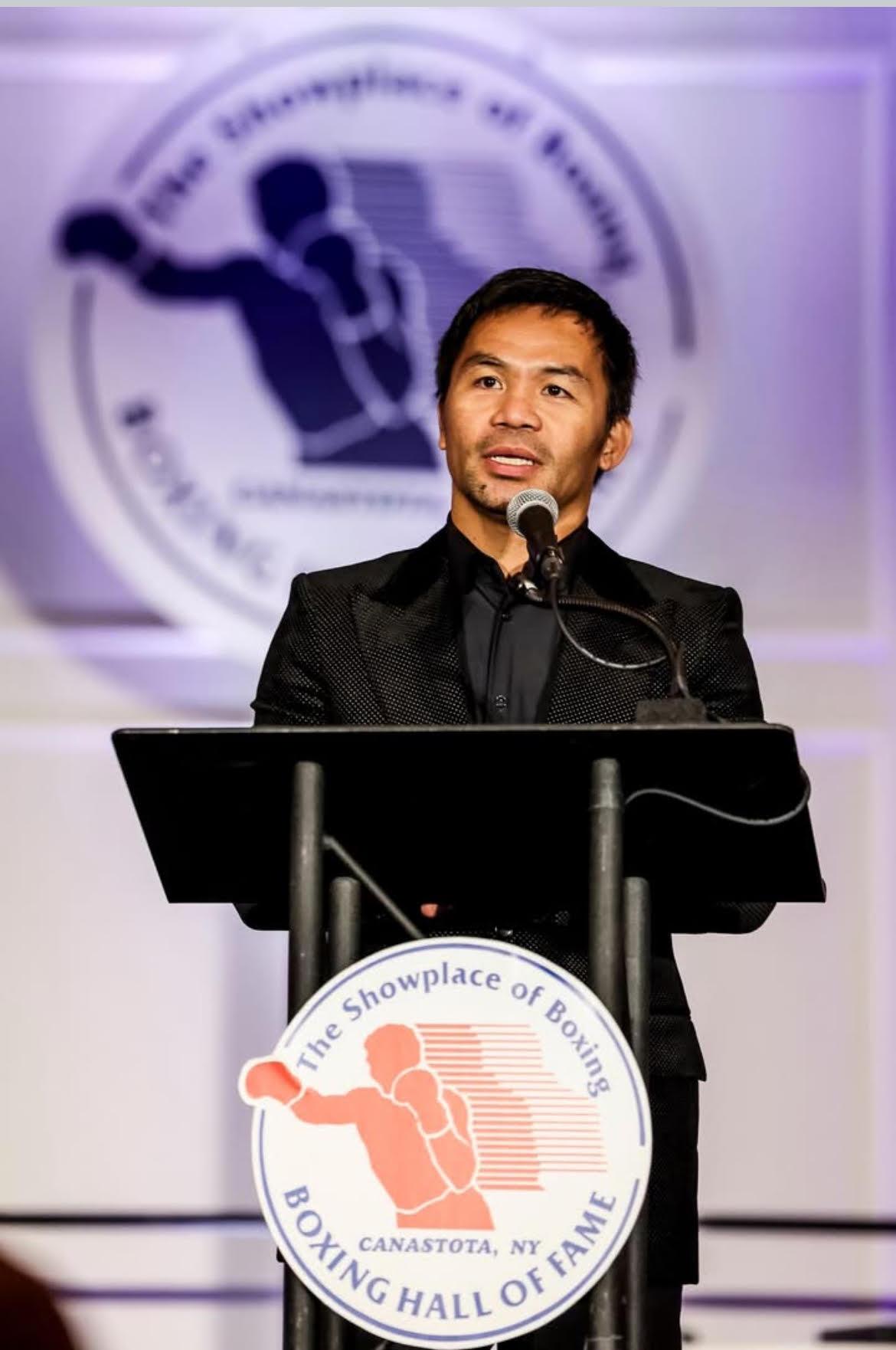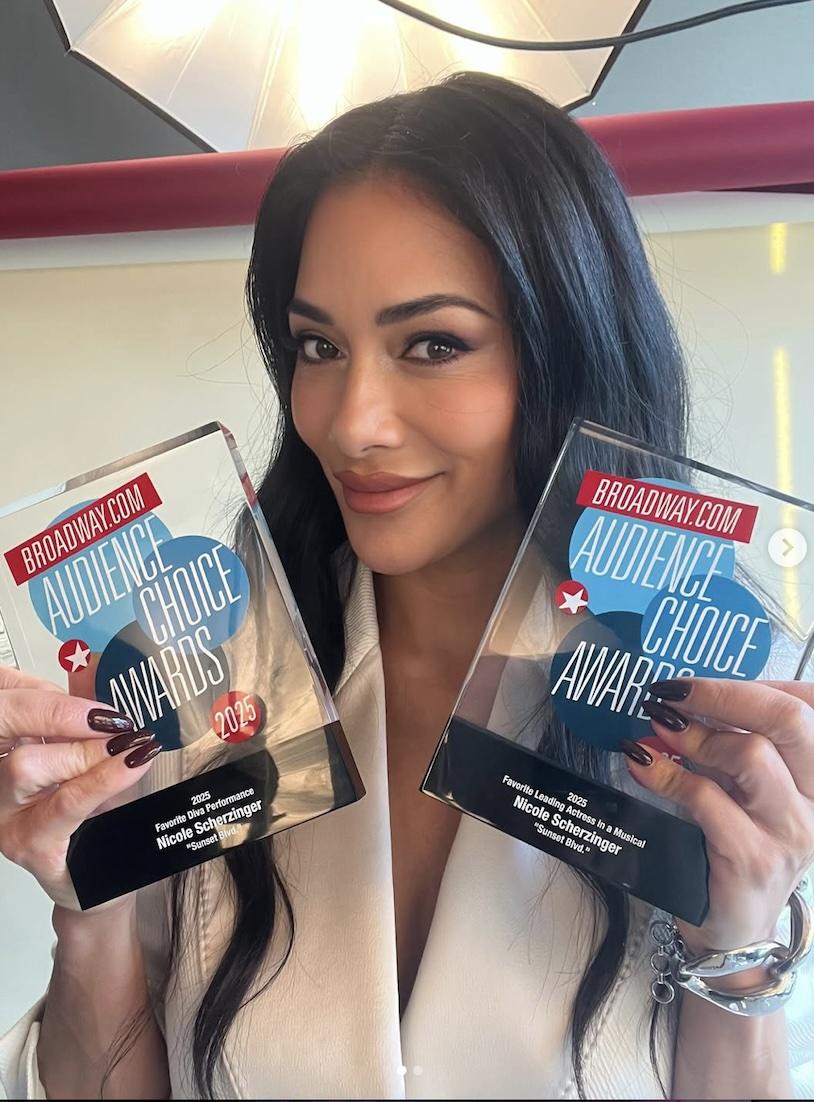In a television landscape where stories about women of color are still too rare, The Cleaning Lady stands out as a thrilling drama that does more than entertain—it confronts societal ills head-on. At its core, the show is about survival, resilience, and the sacrifices women make for their families. But it also shines a necessary spotlight on systemic injustices, from the struggles of undocumented immigrants to the harsh realities of power imbalances in America.
Led by a powerhouse cast that includes Elodie Yung and Martha Millan, The Cleaning Lady is one of the few shows that celebrates and highlights women who fight back, take control, and refuse to be erased. The two women’s journey continues on its fourth season, after a hard and challenging third season.
The heart and strength of Thony

At the center of The Cleaning Lady’s gripping narrative is Elodie Yung’s portrayal of Thony De La Rosa, a Cambodian doctor (married to a Filipino) who turns to unconventional means to survive and protect her son, Luca.
“When they called me to say ‘We are renewing it,’ I was ecstatic, I was extremely happy,” Yung told the Asian Journal. “And it’s been a really good season, because I think all of us cast in crew, we felt the that we were very privileged and lucky to be back again.”
Yung’s performance has been lauded for its depth, intensity, and the raw vulnerability she brings to the character.
“She is absolutely fearless,” Martha Millan said of Yung. “The way she plays Thony—with so much grit and heart—it’s incredible to watch.” Thony’s journey from an undocumented immigrant cleaning hospital rooms to navigating the dangerous world of organized crime is one of resilience, intelligence, and fierce maternal love.
Yung herself has spoken about how meaningful it is to bring Thony’s story to life, especially as a Southeast Asian woman leading a primetime drama. “This is the kind of representation we need more of,” Yung said. “Thony is complex, she’s layered—she’s not just one thing, and that’s what makes her so compelling.”
This season she also gets a crack at getting behind-the-scenes, directing her first episode.
“It was the best experience, the best artistic experience for me,” she shared. “But you know, I’m someone who love connecting deeply with people and I realized that about myself and then being put in this position of director, you get to connect with absolutely every artist on the show, every department.”
Her dynamic with Millan’s Fiona is another highlight of the series. The sisters-in-law share a bond that is tested by circumstance but remains unbreakable. “It’s such a special relationship,” Millan noted. “They love each other, they fight, they challenge each other—but at the end of the day, they have each other’s backs.”
Fiona’s next chapter

With The Cleaning Lady securing a fourth season, Millan admitted she was “dumbfounded” by the renewal. “Season 3 was such a journey, and I honestly didn’t know where else they could take us,” she says. But Fiona’s story is far from over.
After being deported and fighting her way back, Fiona is now focusing on her own version of the American dream. “She has nothing to lose at this point,” Millan said. “She’s just incredulous about her situation. But she’s also taking control of her life in the best way she can.” That means pushing forward with her unconventional rideshare business and, more importantly, supporting her children’s futures.
While The Cleaning Lady is known for its high-stakes plotlines, Fiona’s personal journey is equally compelling. “She’s going back to her roots as a mother. At the end of the day, that’s what it’s all about—fighting for her kids to have a better life.”
Millan sees Fiona’s evolution as a reflection of the perseverance of many real-life immigrants. “For me, Fiona represents so many women I’ve met, so many moms, so many workers who are just doing everything they can to survive,” she said. “She’s had moments of fear, but this season, I think she’s stepping into herself more.”
Lea Salonga’s ‘villainous’ guest appearance
When The Cleaning Lady announced that Broadway icon Lea Salonga would be joining Season 3, Millan couldn’t believe it. “I was like, ‘Oh my God, no way!’” she recalled. “She’s a legend.” But beyond the excitement of working with a musical theater icon, Millan found herself deeply impressed by Salonga’s warmth and professionalism.
“She was so down-to-earth and so generous in every scene,” Millan said. “That intimidation I felt at the beginning quickly disappeared because she just made everything easy.” Their on-screen dynamic, however, was anything but easy. Salonga’s character Rose, a wealthy Filipina businesswoman, embodied the tensions that exist within immigrant communities—particularly the divide between those who have privilege and those who struggle to make ends meet.
“There’s always that one person who looks down on you,” Millan acknowledged. “It was written so well—there’s that condescending tone, that quiet judgment.” Even Salonga herself agreed, telling us in a conversation, “You and I have met these people before.” The complexity of this portrayal wasn’t lost on Millan, who found that their scenes together reflected real-world issues. “It’s a reality in our culture and in many others—the idea that some people forget where they came from once they’ve ‘made it.’”
But one of Millan’s favorite aspects of The Cleaning Lady is its ability to showcase the full spectrum of Filipino culture, from its community dynamics to small but meaningful details, like the food and language used on screen. In one episode, we see Fiona devouring a huge jar of ube butter, in another one, she and Thony were rolling lumpia. “We are a Southeast Asian family from the Philippines,” she said. “It’s important that we show that—not just in how we look, but in how we talk, what we eat, and how we live.”
Breaking barriers for women of color
In an industry where TV shows led by women of color still feel rare, The Cleaning Lady is breaking barriers. “Not only are we faced with challenges of feeling of being a minority, being marginalized, but also the fact that we are unapologetic in who we are as women, and at the same time, we’ll fight for better opportunities for our children, no matter what, clearly, in this show at all costs,” Millan said.
The show’s representation doesn’t stop at its leads. It extends to the world they inhabit—from the Filipino dishes that appear on screen to the mix of English and Tagalog in everyday conversations. “It’s real,” Millan said. “I do that with my sister—throw Tagalog into an English sentence. So many Filipino Americans do.”
That sense of reality also extends to the show’s themes, particularly in how it tackles the struggles of undocumented families. Millan notes that while The Cleaning Lady is ultimately a drama, it provides an unflinching look at the constant fear and difficult choices faced by those without legal status. “It’s entertainment, yes, but it also gives people a look into the fear and struggles that undocumented families face every single day,” she said.






